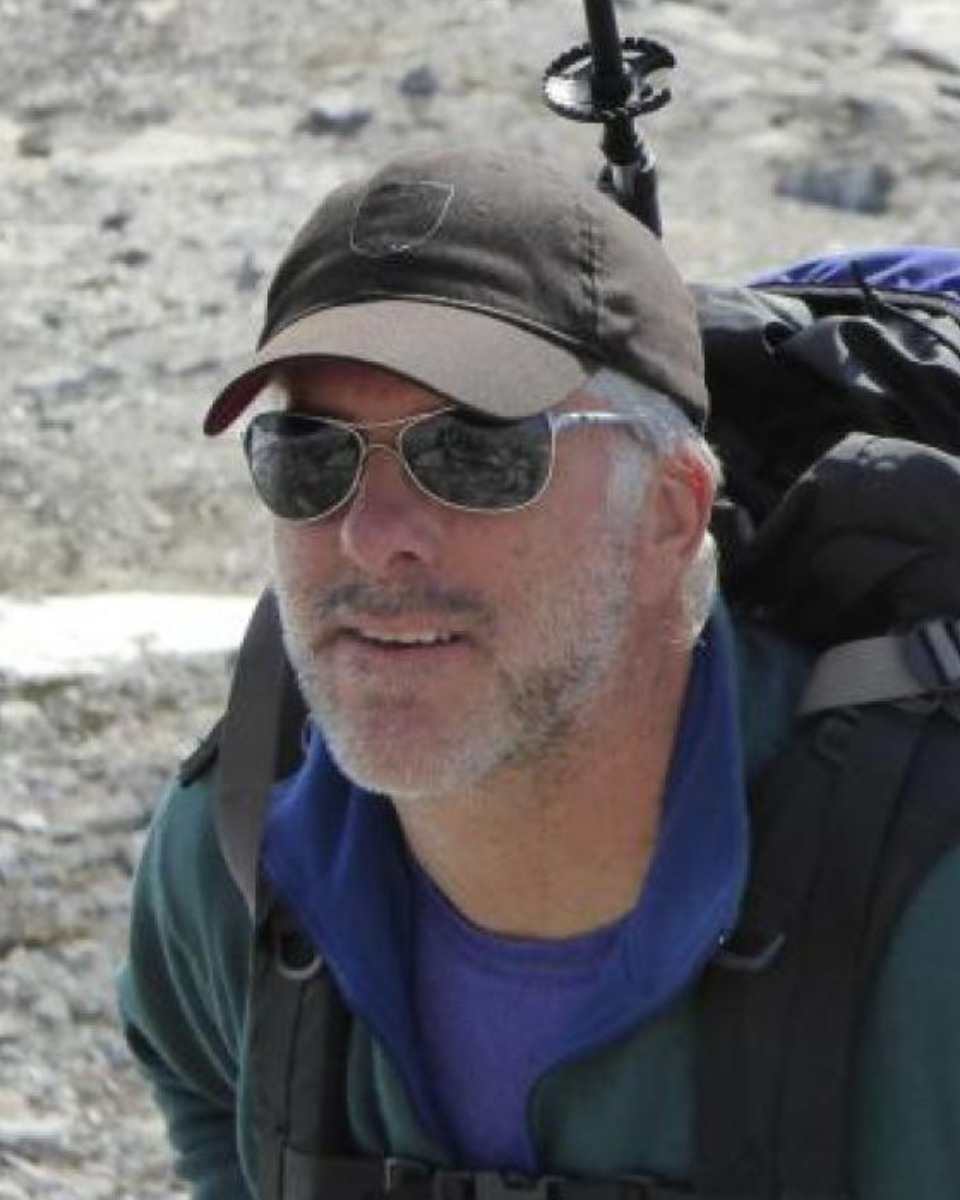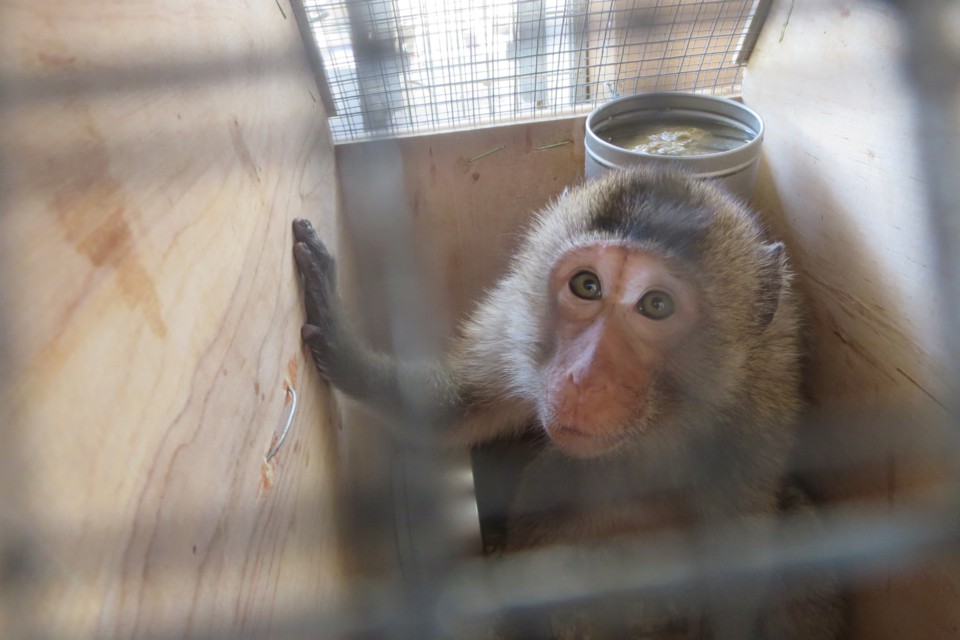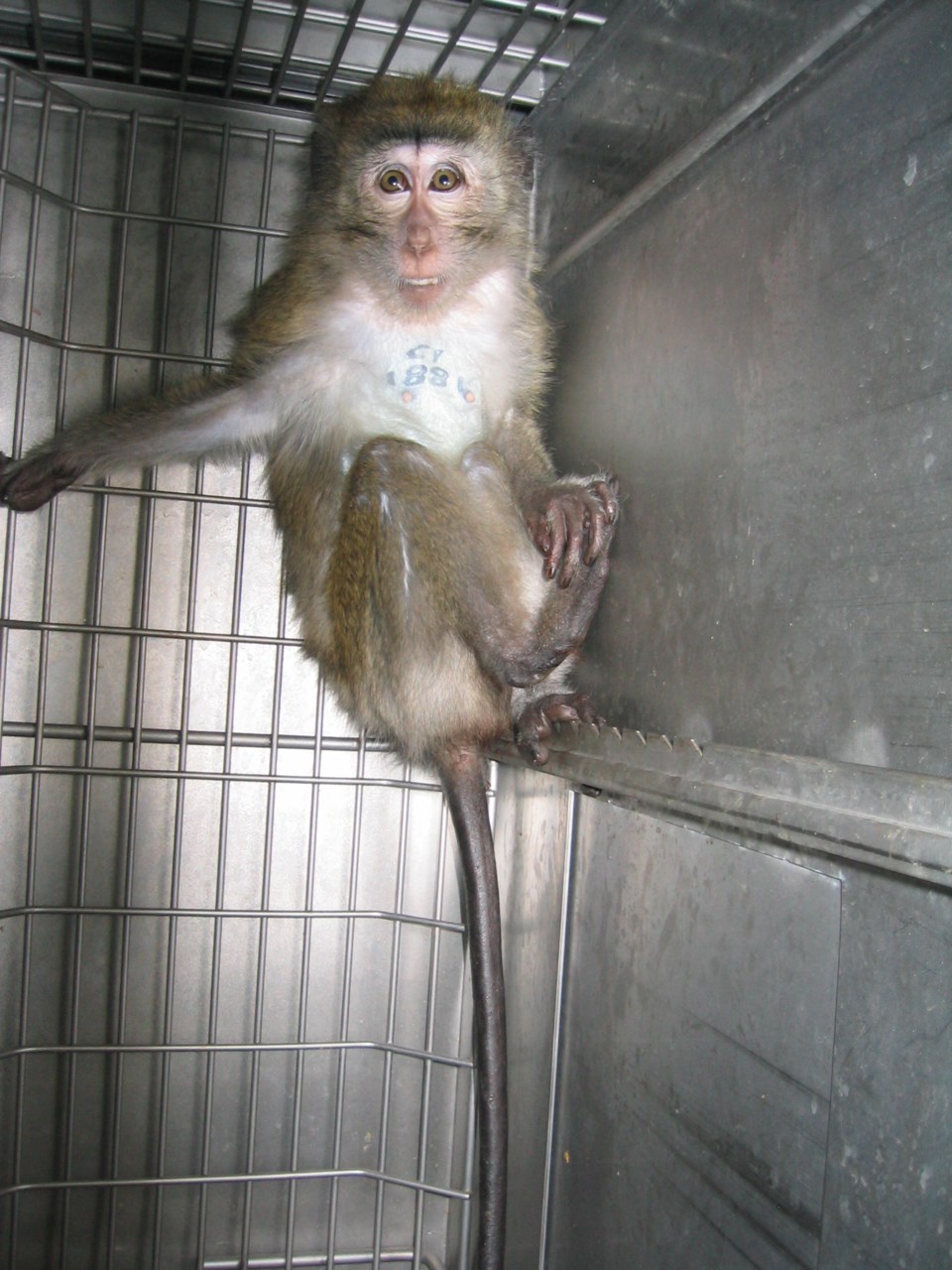Canada is allowing massive shipments of Cambodian monkeys to enter the country for scientific research despite serious concerns these primates were illegally trafficked and could be carrying infectious diseases, according to University of Toronto professor Michael Schillaci.
Schillaci, a biological anthropologist, is one of dozens of Canadian academics calling on the federal government to follow the United States’ lead and halt imports of long-tailed macaques from Cambodia.
The U.S. cracked down on such imports after a Department of Justice (DOJ) investigation turned up evidence of a macaque poaching scheme in 2022. According to the indictment, wild endangered macaques were allegedly smuggled out of Cambodia under falsified documents.
Alongside the group of scientists, a number of Toronto NDP politicians have taken up the cause, including provincial MPPs Kristyn Wong-Tam (Toronto Centre), Jill Andrews (Toronto—St. Paul’s) and Peter Tabuns (Toronto—Danforth). Federal NDP leaders have also raised their voices against the import of Cambodian monkeys.
The monkey business
Last year alone saw $84.5 million worth of live primates brought to Canada from Cambodia, according to data from Statistics Canada. Each primate, on average, was worth over $17,500.
“There's a whole market for monkeys for medical research,” Schillaci told TorontoToday. “It's quite lucrative.”

For a monkey to be worth much in the medical research sector, it must be bred in captivity, Schillaci said. That’s because captive-bred monkeys are raised in controlled environments where diseases can be monitored. If a diseased monkey is used for medical testing, it can confound the study’s results and produce incorrect data.
Research shows newly-caught wild macaques often have a significantly higher prevalence of disease than their counterparts raised in captivity. When these wild monkeys are brought into breeding facilities, they can infect their peers.
In November 2022, the DOJ charged two Cambodian government officials and six business leaders for an alleged scheme in which wild macaques were poached from national parks and protected areas, then mislabelled as captive-bred for export.
The indictment noted these wild macaques may have been given the identification tags of captive-bred monkeys who were unsuitable for export and euthanized. Instead of leaving money on the table, it’s alleged these government officials and business people padded out their export numbers with wild-caught macaques.
As a result of the investigation, the U.S. Fish and Wildlife Service began denying wildlife import permits for Cambodian macaques in January 2023. As soon as the door to the U.S. closed, imports of Cambodian macaques to Canada exploded, Statistics Canada data shows.
From 2022 to 2023, annual shipments of Cambodian monkeys rose by 260 per cent from 1,320 monkeys to 4,789. The value of those exports also rose dramatically, by nearly 350 per cent from $18.8 million to $84.5 million annually.
“The demand for monkeys has become so great that captive breeding cannot meet the market demand. That's why they've switched to supplementing their captive stock with wild stock,” Schillaci said.
He noted this is especially problematic because long-tailed macaques are an endangered species. A 2024 study found the two main drivers of declining macaque numbers is habitat loss in their native Southeast Asia and the overuse of the species in scientific research.
Beyond the concerns for wildlife conservation, Schillaci said all Canadians should have a vested interest in stopping wild macaques from entering the country due to the risk of zoonotic diseases, which are illnesses that can be transmitted from animals to humans.
Captured monkeys are kept in “very crowded conditions, and this is really ripe for the spread of infections,” Schillaci said. While wildlife officials can screen for known pathogens and viruses, the real danger lies with the unknown pathogens.
Schillaci pointed to the HIV virus, a previously unknown virus of primate origin, that was transmitted to humans and kicked off the AIDS crisis. Since 1981, 42.3 million people have died of AIDS, the World Health Organization estimates. AIDS is still considered an epidemic.
COVID-19 is also considered a zoonotic disease, though scientists aren’t exactly sure what animal it came from. Ebola and malaria have also been tied to primates.
“The COVID-19 and HIV pandemics have taught us the importance of remaining vigilant about the transmission of zoonotic pathogens to humans,” Schillaci said. “The Canadian government needs to protect Canadians’ public health.”
Academics, politicians take up the mantle
Schillaci was alerted to this controversial monkey trade by one of his former colleagues, Lisa Jones-Engel. The two were PhD students together at the University of New Mexico studying macaques in the wild. Eventually Jones-Engel left academia and became a senior science advisor for People for the Ethical Treatment of Animals (PETA).
When Jones-Engel discovered that monkey imports to Canada were surging after the U.S. crackdown, she thought it would be a simple matter to get Canada to crackdown too.
“It seemed to me that if your counterparts south of the border were prohibiting this trade, you wouldn't allow it in Canada,” she told TorontoToday. “I had this perhaps naive notion that the Canadians were going to be much more willing to act and that they simply had not been informed.”
But after seeing no movement from Canadian authorities, it “dawned on” Jones-Engel that she needed to get Schillaci involved.
Together with University of Laval professor Jesse Greener, Schillaci helped organize a letter to Prime Minister Justin Trudeau and environment minister Steven Guilbeault, sent on Nov. 7. It was signed by 80 Canadian academics, including renowned zoologist David Suzuki, calling for the end of macaque imports from Cambodia.
Schillaci was then instrumental in getting the Canadian Association for Biological Anthropology, of which he is a member, to issue its own statement on Nov. 13.
“Canada must not be a safe-haven for animal import violations,” the letter reads on behalf of the 220 biological anthropologists and primate experts in its membership.
So far, Schillaci said the federal government has responded to their letters with polite acknowledgement but no tangible action.
Two weeks after the Canadian Association for Biological Anthropology sent their letter, a group of four Ontario MPPs joined the cause, including Kristyn Wong-Tam, and sent a letter of their own.
Wong-Tam told TorontoToday the evidence that illegal trafficking took place is compelling.
“We have international obligations to meet, like safeguarding our global ecosystem, our obligations around wildlife protection and we have treaties with other nations to stop things like poaching and smuggling,” Wong-Tam said. “We have to be able to uphold our end of the agreement.”
“We’re calling on [the federal government] to simply just do their job,” they added. “There are gaps in the system that these poachers, smugglers and traffickers are exploiting. If there is the falsification of documents to bring in these wild primates and a risk of zoonotic disease spillover to general populations — they have to act.”
From alleged smuggling to laundering
The story of this alleged illegal macaque trafficking doesn’t stop at the Canadian border.
Jones-Engel shared documents with TorontoToday, obtained through a U.S. Freedom of Information Act request, that shows a large quantity of Cambodian-origin macaque specimens being shipped from Canada to the U.S.
From Jan. 1, 2023, to June 22, 2023, nearly 35,000 Cambodian macaque specimens, likely blood, plasma and tissue samples, were exported to the U.S. from Canada.
Jones-Engel sees this as evidence that companies are bringing Cambodian monkeys into Canada, killing them and farming them for specimens. She said the specimens are then likely exported to the U.S. to skirt around the U.S. Fish and Wildlife Service’s de facto ban of Cambodian macaques.
Schillaci agrees.
“Canada has effectively become a country for laundering endangered macaques,” he said, adding that this can hardly be a good thing for Canada-U.S. relations.
“Their regulatory actions are being subverted by this manoeuvre of taking monkeys to Canada, extracting the needed tissues and exporting them to the United States,” he said.
Environment and Climate Change Canada is responsible for enforcing wildlife legislation. In a statement to the Globe and Mail last week, the agency said it “currently has no information to indicate the macaques imported into Canada were harvested from the wild.”

